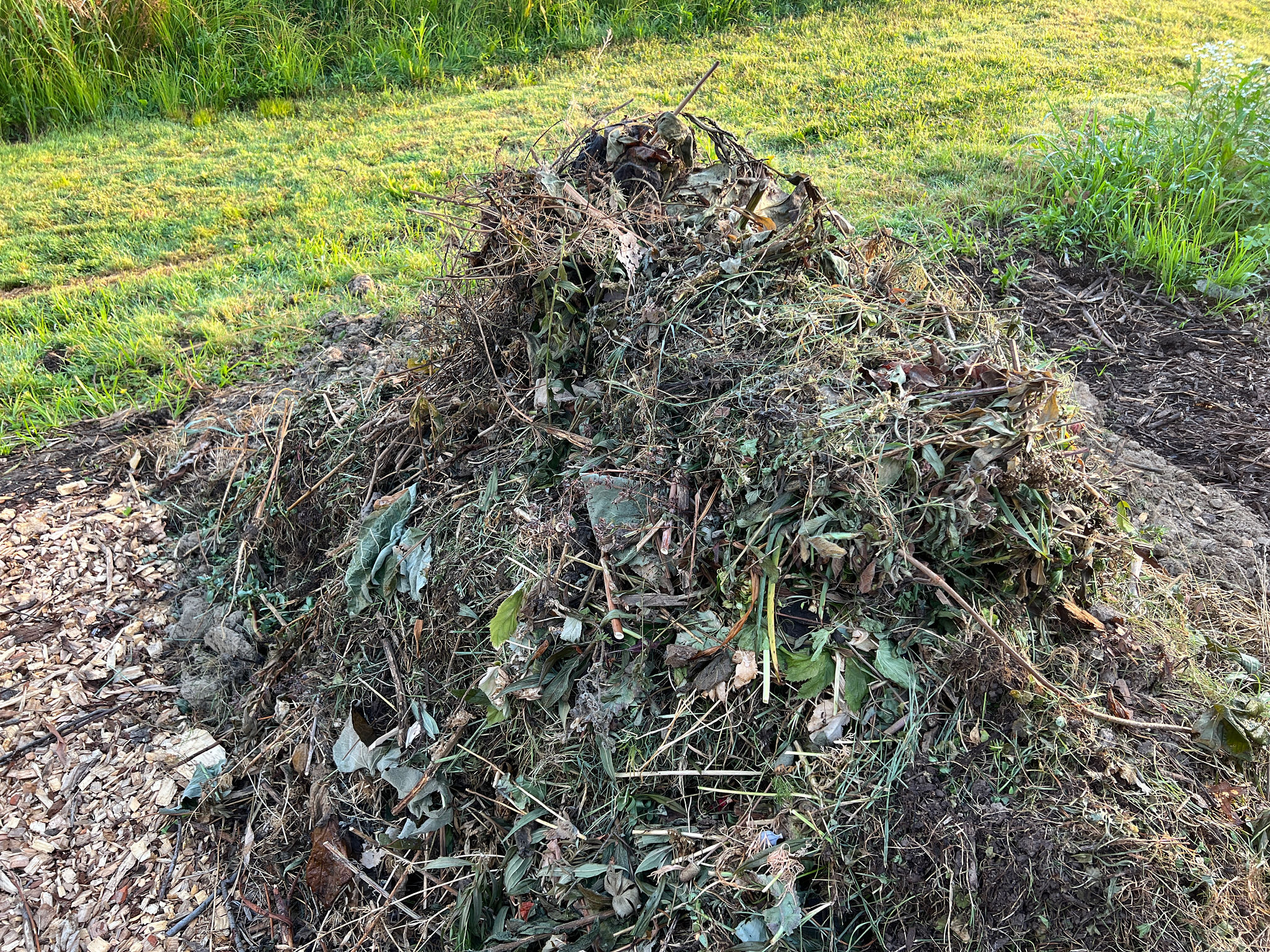Case Study: How Effective Equine Waste Management Improved Our Farm's Productivity
Introduction to Equine Waste Management
Managing equine waste effectively is a crucial aspect of maintaining a productive and sustainable farm. As horse owners, we all know that the by-product of our beloved animals can quickly become overwhelming if not handled properly. However, with the right strategies and systems in place, equine waste can be transformed into a valuable resource.

Understanding the Impact of Equine Waste
Equine waste, primarily composed of manure and bedding, can have significant environmental impacts if not managed correctly. Accumulation can lead to unpleasant odors, attract pests, and even contribute to water pollution through runoff. Implementing an efficient waste management system not only mitigates these issues but also enhances the overall health of the farm environment.
The Challenges We Faced
Our farm initially struggled with the sheer volume of waste produced by our horses. The traditional method of disposal was labor-intensive and costly. Moreover, we were concerned about the potential negative impacts on our local ecosystem. It was clear that we needed a more sustainable solution.

Implementing a New Waste Management System
After extensive research, we decided to implement a comprehensive equine waste management system centered around composting. This approach allowed us to turn waste into nutrient-rich compost, which could then be used to enhance soil health and support crop growth on our farm.
Steps Taken for Effective Management
We followed a few essential steps to ensure the success of our new system:
- Education: We educated our staff on the importance and techniques of composting.
- Infrastructure: We invested in building a designated composting area.
- Regular Monitoring: We established a schedule for turning the compost and monitoring its progress.

Benefits Observed on Our Farm
The results were transformative. Not only did we significantly reduce waste disposal costs, but we also witnessed an improvement in our farm's productivity. The compost produced served as an excellent fertilizer, enhancing soil health and yielding better crops.
Environmental and Economic Gains
By adopting this system, we also contributed positively to the environment. Runoff risks were minimized, leading to cleaner water sources, and we reduced our carbon footprint by cutting down on waste transportation. Economically, the savings on waste disposal and improved crop yields translated into increased profits.

Conclusion and Future Plans
Our journey with equine waste management has been enlightening and rewarding. By turning a problem into an opportunity, we have reaped benefits that extend beyond financial gains. Looking ahead, we plan to expand our composting operation and explore additional sustainable practices to further enhance our farm's productivity.
In conclusion, effective equine waste management is not only possible but also beneficial for farms of all sizes. With commitment and the right strategies, any farm can transform waste into a valuable resource that supports both the environment and farm productivity.
